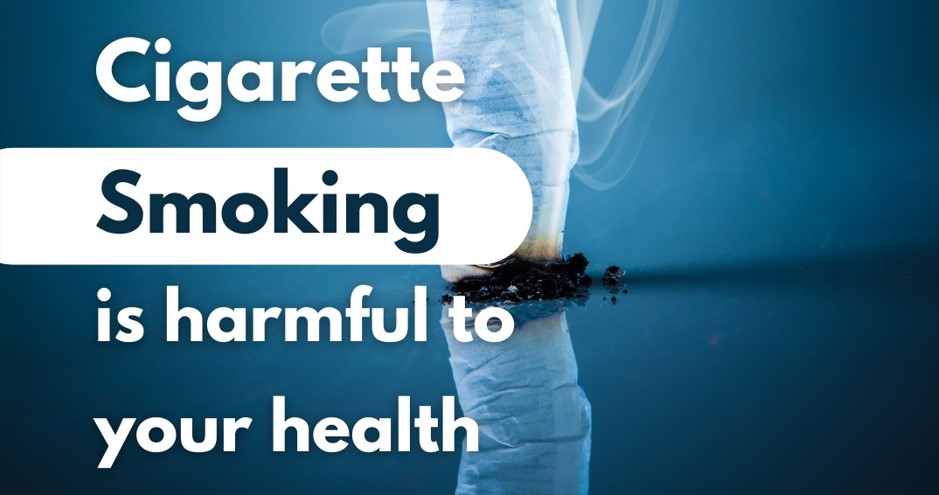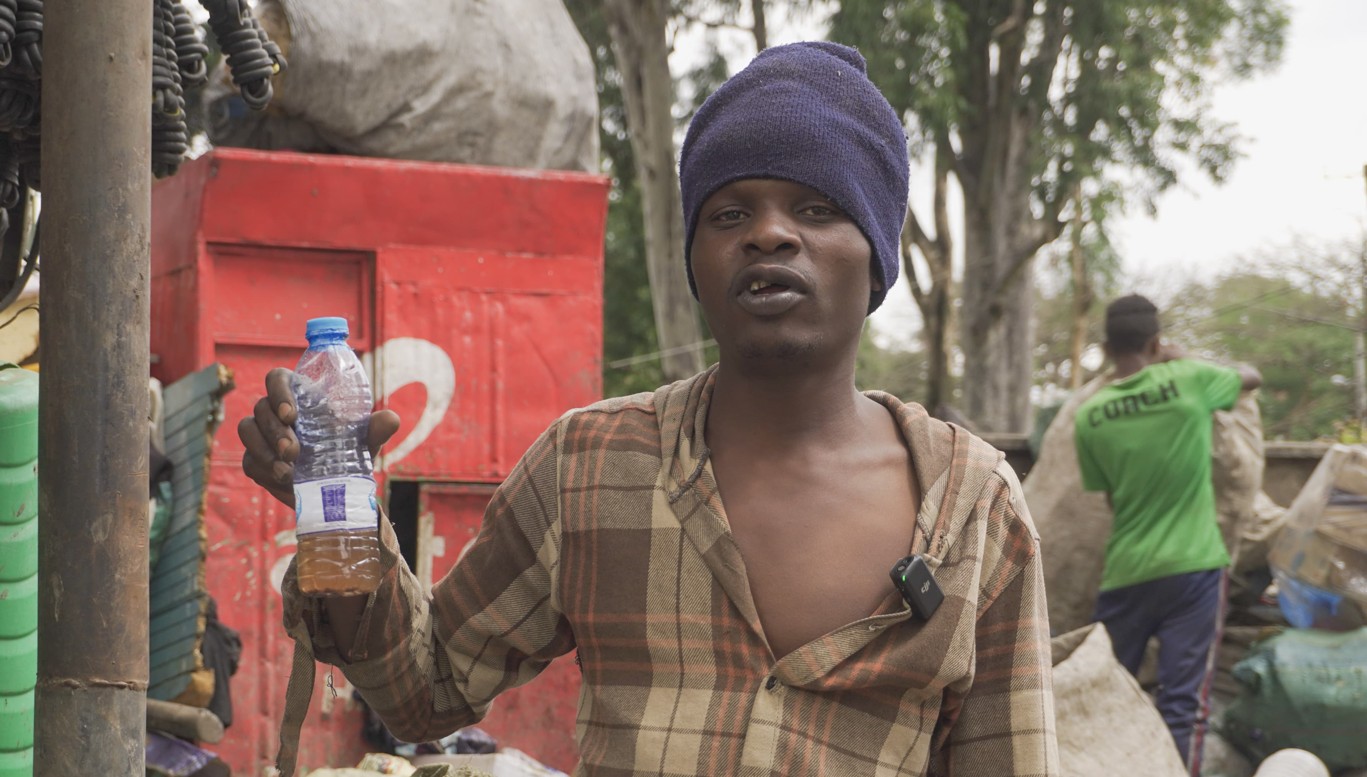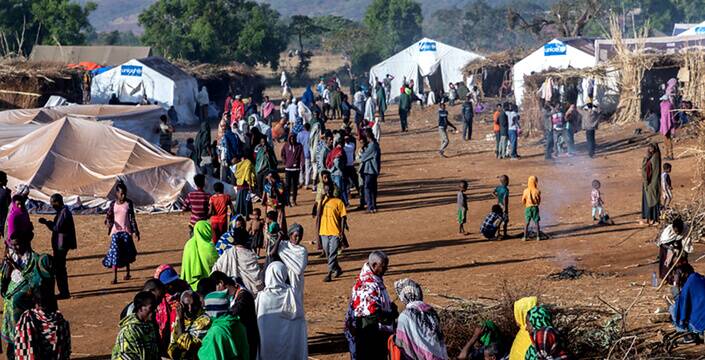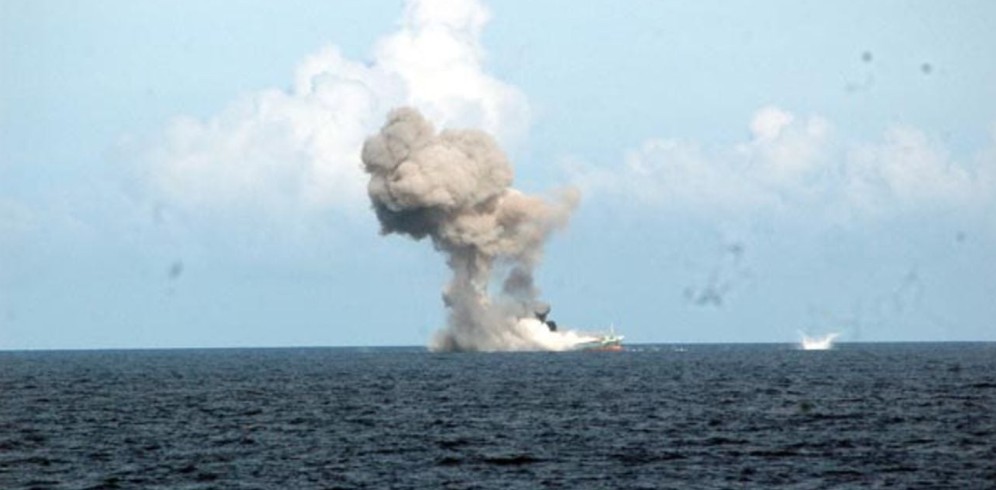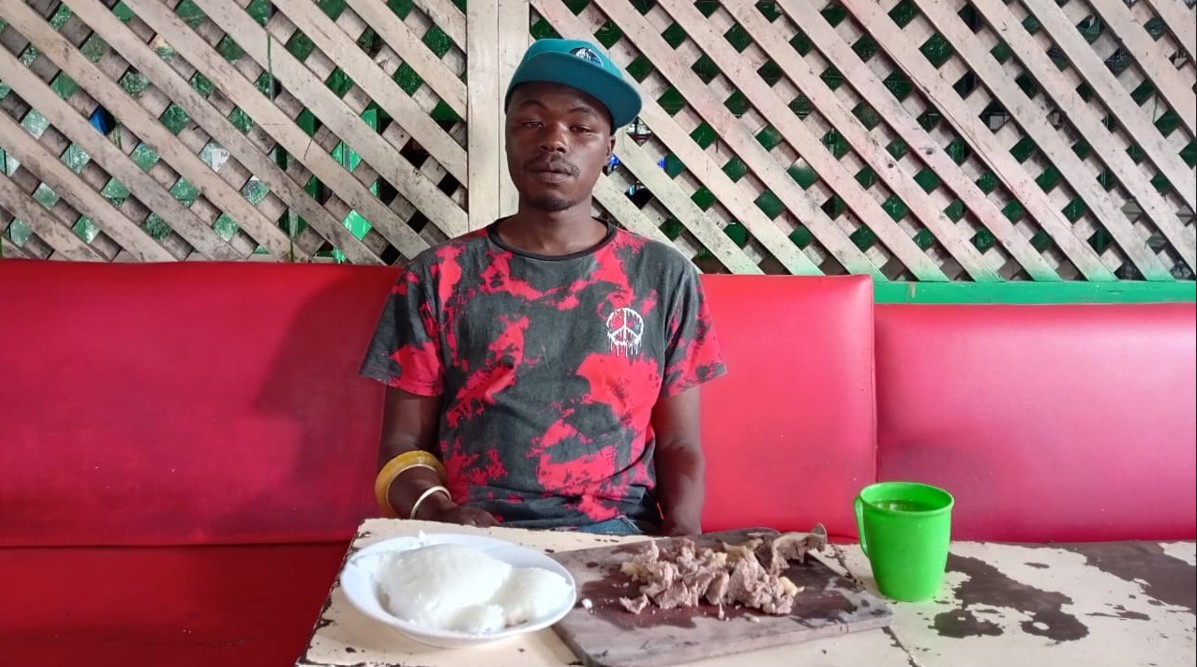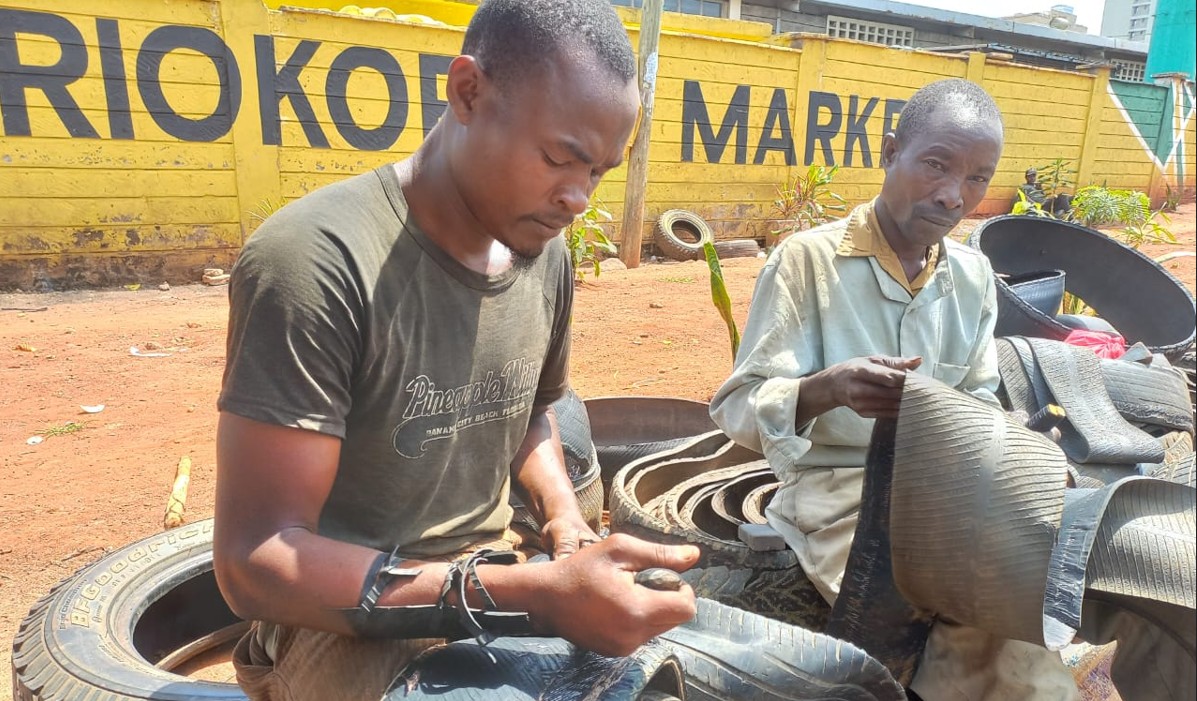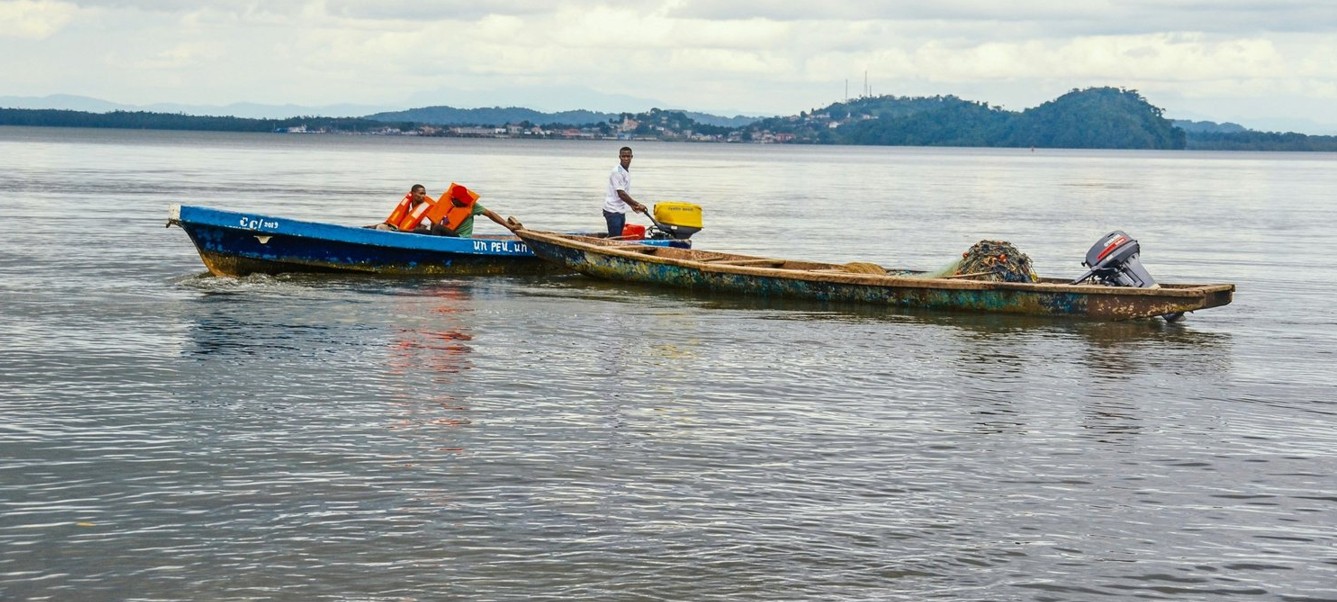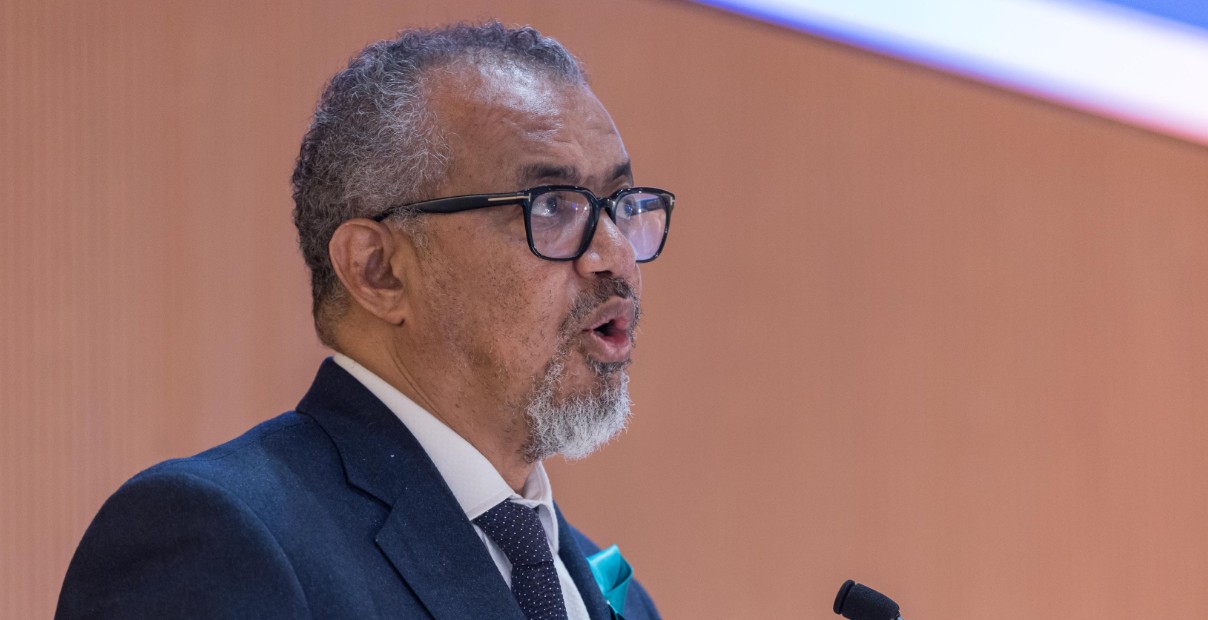Sudan faces severe cholera outbreak amid conflict with over 1,000 new cases daily in Khartoum
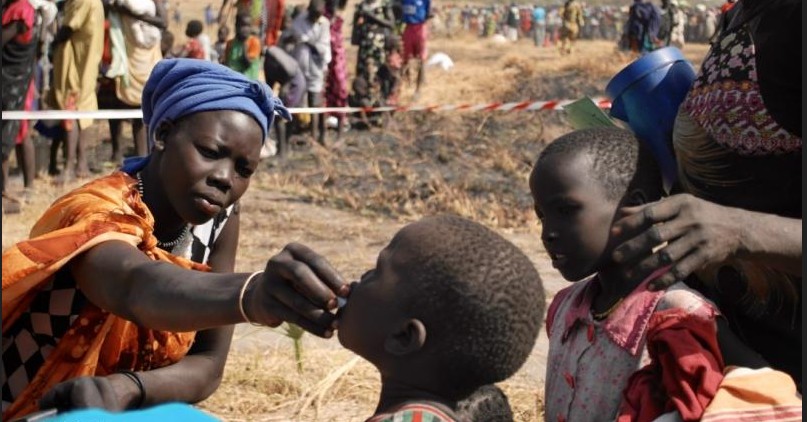
The outbreak has worsened as many Sudanese who fled the ongoing civil war have returned to their homes in Khartoum, only to find damaged houses and collapsed sanitation systems.
Sudan is grappling with a severe cholera outbreak that is spreading rapidly, with more than 1,000 new cases reported daily in the capital, Khartoum.
The outbreak, which began in Khartoum and its neighbouring city Omdurman, has also been detected in several provinces, including North Kordofan, Sennar, Gazira, White Nile, and Nile River.
More To Read
- African leaders commit to ending cholera epidemic by 2030
- 12 counties run out of vaccines, Ministry of Health confirms
- Women lead sanitation drive in Tana River to curb cholera ahead of floods
- UN, IOM condemn deadly attack on humanitarian convoy in Darfur that killed 5 aid workers
- 70,000 refugees arrive in Chad from Sudan amid escalating violence in North Darfur
- Is Sudan’s war the reason for South Sudan’s economic crisis? What’s really going on with oil revenue
Cholera, described by the World Health Organisation (WHO) as a “disease of poverty,” is caused by consuming food or water contaminated with bacteria. While treatable with rehydration and antibiotics, it can be fatal if left untreated.
According to Africanews, the outbreak has worsened as many Sudanese who fled the ongoing civil war have returned to their homes in Khartoum, only to find damaged houses and collapsed sanitation systems.
Attacks on power plants have disrupted electricity and water supplies, making clean water scarce, which is fueling the spread of the disease.
More than 80 per cent of hospitals in Sudan are out of service or lack essential supplies such as water, electricity, and medication.
Nicolas Jean, head of Doctors Without Borders in Sudan, said Khartoum is currently seeing over 1,000 cases of cholera daily.
Poor hygiene
He blamed the lack of clean water, poor hygiene, and limited access to healthcare for the outbreak’s rapid spread.
“The shortage of clean water, poor hygiene, and limited healthcare access are all driving the rise in cholera cases,” he told Africanews.
The WHO has reported a global shortage of oral cholera vaccines, complicating efforts to control outbreaks.
WHO Director-General Tedros Adhanom Ghebreyesus said WHO, along with UNICEF and Sudan’s Ministry of Health, is conducting vaccination campaigns with over 3 million vaccine doses delivered to Sudan.
“Since July 2024, the cholera outbreak in Sudan has spread to 12 states, affecting over 71,000 people and causing more than 1,770 deaths,” said Tedros.
“WHO is supporting the Ministry of Health in a vaccination campaign using the 115,000 doses already available in the country. Together with UNICEF, we have also delivered an additional 2.9 million doses to Port Sudan to help contain the outbreak.”
The ongoing conflict in Sudan has killed at least 24,000 people and displaced more than 14 million, deepening the humanitarian crisis and worsening health conditions across the country.
Top Stories Today
